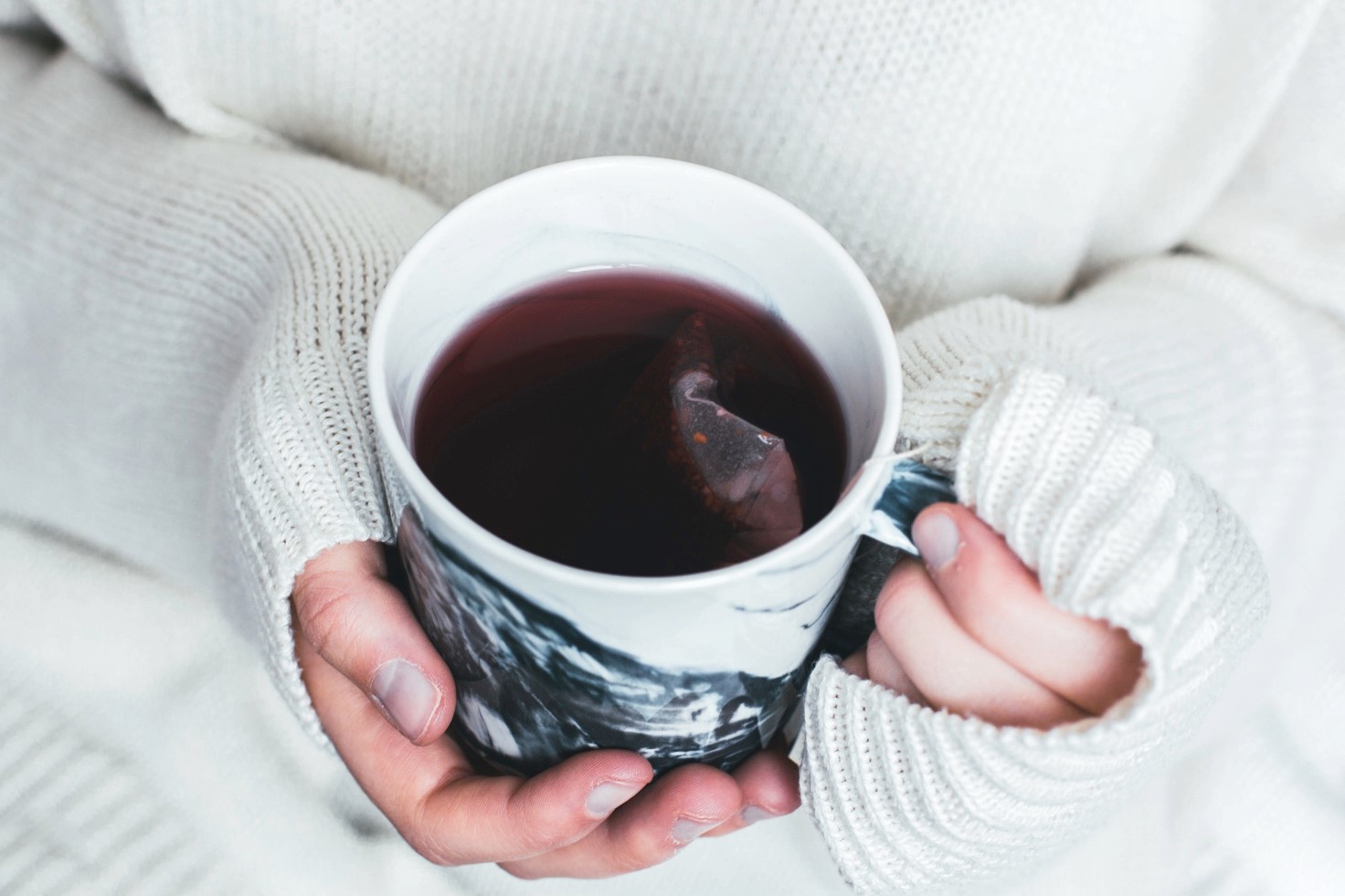If you are feeling anxious or worried during this time, you are not alone. Anxiety is normal, and in some cases, it can be helpful. For example, research during past pandemics has shown that people who worry are more likely to do the things that help to keep viruses at bay – like frequent hand washing.
However, certain foods can help to keep excessive anxiety levels under control. For example, complex carbohydrates are metabolised more slowly and therefore help maintain a more even blood sugar level, which creates a calmer feeling.
A diet rich in whole grains, vegetables, and fruits is a healthier option than eating a lot of simple carbohydrates found in processed foods. When you eat, is also important. Do not skip meals. Doing so may result in drops in blood sugar that cause you to feel jittery, which may worsen underlying anxiety.
The gut-brain axis is also very important, since a large percentage (about 95%) of serotonin receptors are found in the lining of the gut. An emerging body of evidence is also showing that the many variations of microbes that live within our gut are being found to be helpful for our mood – in an approach known as psychobiotics. And what we eat affects these little helpers.
Make these foods a part of your anti-anxiety diet:
- Nuts – Selenium, Vitamin E
Brazil nuts are high in selenium. Selenium may improve mood by reducing inflammation, which is often at heightened levels when someone has a mood disorder, such as anxiety. Other nuts, animal products, and vegetables, such as mushrooms and soybeans, are an excellent source of selenium.
Brazil nuts and other nuts are also a good source of vitamin E. Vitamin E is an antioxidant. Antioxidants can be beneficial for treating anxiety, while some research has shown that low levels of vitamin E may lead to depression in some people.
- Fatty fish – Omega 3, Vitamin D
Fatty fish, such as salmon, mackerel, sardines, trout, and herring, are high in omega-3. Omega-3 is a fatty acid that has a strong relationship with cognitive function as well as mental health. Chia seeds are also a good source of omega-3s.
Current recommendations suggest eating at least two servings of fatty fish a week.
Salmon and sardines are also among the few foods that contain vitamin D. Researchers are increasingly linking vitamin D deficiency to mood disorders, such as depression and anxiety. Vitamin D may also improve seasonal disaffected disorder (SAD) during winter.
- Eggs – Vitamin D, Serotonin
Egg yolks are another great source of vitamin D.
Eggs are also an excellent source of protein. It is a complete protein, meaning it contains all the essential amino acids the body needs for growth and development.
Eggs also contain tryptophan, which is an amino acid that helps create serotonin. Serotonin is a chemical neurotransmitter that helps to regulate mood, sleep, memory, and behaviour. Serotonin is also thought to improve brain function and relieve anxiety.
- Pumpkin seeds – Potassium, Zinc
Pumpkin seeds are an excellent source of potassium and zinc, and may help reduce symptoms of stress and anxiety. A study showed that zinc deficiency might negatively affect mood.
- Dark chocolate – Magnesium
I have long suspected (or rather hoped for) that dark chocolate (70% or more) might help reduce stress and anxiety. Some studies now confirm that dark chocolate or cocoa may improve mood. Dark chocolate is also a good source of magnesium. Eating a diet with enough magnesium in it or taking supplements may reduce symptoms of depression. Other sources of magnesium are leafy greens, such as spinach and Swiss chard, as well as legumes, nuts, seeds, and whole grains.
- Turmeric – Curcumin
The active ingredient in turmeric is called curcumin. Curcumin may help lower anxiety by reducing inflammation and oxidative stress that often increase in people experiencing mood disorders, such as anxiety and depression.
- Chamomile – Flavonoids
Many people around the world use chamomile tea as an herbal remedy because of its anti-inflammatory, antibacterial, antioxidant, and relaxant properties.
Some people believe that the relaxant and anti-anxiety properties come from the flavonoids present in chamomile. A recent study found that chamomile did reduce anxiety symptoms.
- Yogurt & Fermented foods
Yogurt contains healthful bacteria, Lactobaccilus and Bifidobacteria. There is emerging evidence that these bacteria and fermented products have positive effects on brain health.
Including yogurt and other fermented food in the diet can benefit the natural gut bacteria and may reduce anxiety and stress.
Fermented foods include sauerkraut, kimchi, kefir, pickles and fermented soy products.
- Green tea – Theanine
Green tea contains an amino acid called theanine, which has anti-anxiety and calming effects and may increase the production of serotonin and dopamine.
- Avocado – B Vitamin
Foods containing B vitamins, such as avocado and almonds, spur the release of neurotransmitters such as serotonin and dopamine. They are a safe and easy first step in managing anxiety.
Avoid the following, as these may trigger anxiety:
- Alcohol: Alcohol changes levels of serotonin and the neurotransmitters in the brain, which makes anxiety worse. And when the alcohol wears off, you may feel even more anxious.
- Caffeine: High levels of caffeine cannot only increase anxiety and nervousness, but an also decrease the production of the feel-good chemical serotonin in the body, causing a depressed mood.
- Sugar: There is no way to avoid sugar 100 % of the time, as it naturally occurs in many of the foods we love to eat, like fruit.
But added sugar is a contributor to overall anxiety. Added sugars cause your blood sugar to go on a roller coaster ride of spikes and crashes and with it, your energy also goes up and down. When blood sugar crashes, your mood sours and anxiety levels can spike.
Be sure to talk to your doctor if your anxiety symptoms are severe or last more than two weeks.
Dr Leela Klein
Chinese Medicine Acupuncture & Herbs
Leela is a senior Therapist at Kundalini House and has a special interest in psycho-emotional disorders such as anxiety and depression, insomnia, Women’s Health (e.g. pregnancy, menopause, period pain), gastrointestinal concerns as well as autoimmune conditions. She is passionate about yoga, meditation, photography and travel and is involved with the Buddhist Community at the Melbourne Buddhist Centre in Brunswick.








Leave A Comment